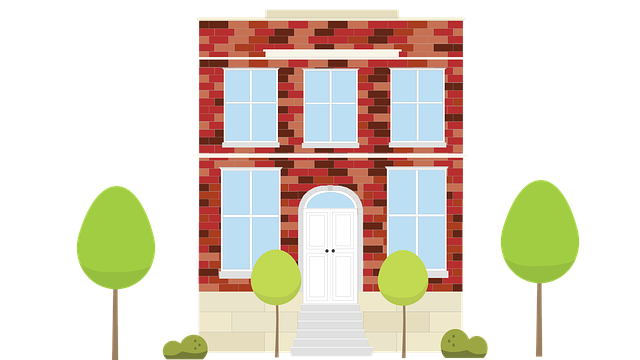Navigating the real estate market with mold considerations demands understanding local mold disclosure laws. These laws mandate transparency around potential health risks, obliging sellers to disclose known mold problems. Real estate mold inspections are crucial for buyers and sellers, impacting home value, mortgage approval, and negotiation strategies. Conducting thorough inspections and adhering to legal requirements ensure fairness, mitigate costs, and foster a smooth transaction process.
Negotiating the purchase or sale of a home plagued by mold can be a complex process. Understanding local mold disclosure laws is crucial for buyers ensuring they know potential risks and have the right to request a real estate mold inspection. Sellers face the challenge of disclosing known mold issues transparently, avoiding mortgage issues due to mold and potentially mitigating their impact on home value. This article guides you through navigating these complexities, from comprehending mold disclosure laws to mastering effective negotiation strategies for the best possible outcome.
- Understanding Mold Disclosure Laws: A Buyer's Right to Know
- Assessing the Impact of Mold on Home Value and Mortgage Options
- Navigating the Process of Selling a House with Mold Issues
- Strategies for Effective Negotiation: Getting the Best Deal Possible
Understanding Mold Disclosure Laws: A Buyer's Right to Know

When considering buying or selling a house with mold issues, it’s crucial to understand your rights under mold disclosure laws. These regulations, in place to protect home buyers and sellers, ensure transparency regarding potential health hazards associated with mold growth. Real estate mold inspections are a common practice during the home buying process, providing an objective assessment of the property’s current state and identifying any areas of concern.
Buyers have the right to know if a property has experienced water damage or moisture issues that could lead to mold growth, as this can significantly impact both the home’s value and potential mortgage issues. Sellers are legally obligated to disclose known mold problems to prospective buyers, enabling them to make informed decisions about the property’s suitability and negotiating the purchase price accordingly. Understanding these disclosure laws empowers individuals to navigate the real estate market with confidence, addressing mold-related concerns head-on.
Assessing the Impact of Mold on Home Value and Mortgage Options

When considering the impact of mold on your property’s value, it’s crucial to understand that many regions have strict mold disclosure laws in place. These laws mandate that sellers disclose any known mold issues when selling a house with mold present. This transparency helps buyers make informed decisions and may prevent disputes down the line. A real estate mold inspection is typically required during the buying process to assess the extent of the issue.
For homeowners facing mold problems, negotiating home price due to these issues can be a complex process. Lenders often have specific guidelines regarding mortgage issues due to mold, with some being more lenient than others. In severe cases, lenders might require extensive remediation before approving a mortgage. Understanding both local real estate practices and your financial options is essential when buying or selling a house with mold. Home value and mold are closely tied, and addressing the issue proactively can help preserve property value during the negotiation process.
Navigating the Process of Selling a House with Mold Issues

Navigating the process of selling a house with mold issues requires a deep understanding of local mold disclosure laws. These regulations vary from region to region, so it’s crucial for both buyers and sellers to be aware of their rights and responsibilities. A thorough real estate mold inspection is a critical step in this process, as it can reveal hidden mold growth that might not be immediately visible. This inspection should be conducted by certified professionals who can accurately assess the extent of the mold problem and its potential impact on the home’s value.
Buying a house with mold presents unique challenges, particularly when applying for a mortgage. Lenders often have strict guidelines regarding properties with water damage or visible signs of mold, as these issues can lead to structural problems and health risks. Sellers must be transparent about any known mold issues in order to facilitate a smooth transaction. Disclosing these details up front can help buyers make informed decisions and potentially avoid costly repairs down the line, ensuring a fair negotiation process for both parties involved.
Strategies for Effective Negotiation: Getting the Best Deal Possible

When negotiating the price of a home due to mold issues, it’s crucial to understand mold disclosure laws and your rights as a buyer or seller. Start by scheduling a thorough real estate mold inspection to assess the extent of the problem. This step is essential for both parties, ensuring transparency and avoiding future disputes. Use the inspection report as leverage during negotiations; it provides concrete evidence of the mold and its impact on the property’s value.
Know your market and research comparable homes with similar issues to understand what a fair price adjustment might be. Be prepared to walk away if the seller refuses to accommodate reasonable requests, especially if the mold issue is significant enough to affect your health or the home’s structural integrity. Remember, home value and mold can significantly impact mortgage issues, so ensure the negotiation reflects these considerations.














